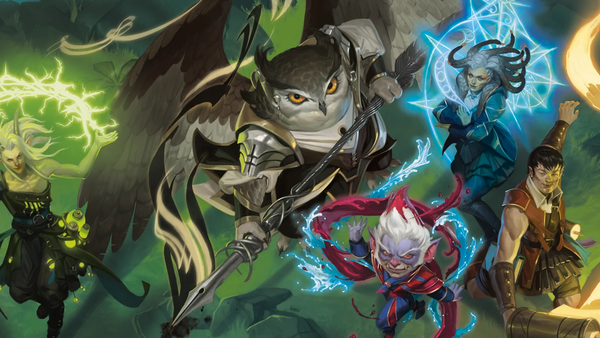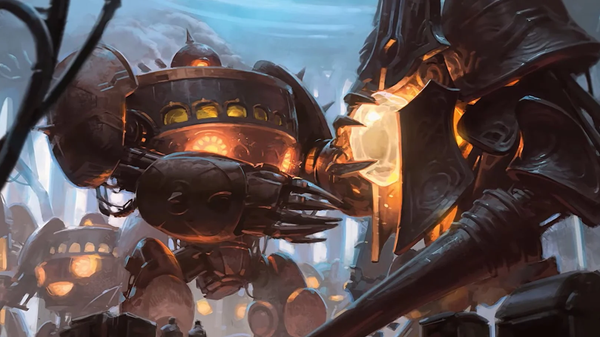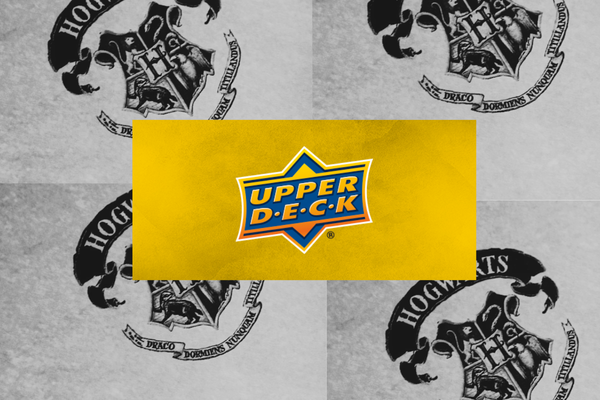Chris Spivey and Shane Ivey on organizing the future of Arc Dream
"The obstacle is going to be giving Shane two jobs and saying he can't do the other five or six.”

Chris Spivey is serious about his work. The designer behind Haunted West and Harlem Unbound can’t keep the passion out of his voice as he discusses his new role as Arc Dream’s production director. It’s a big change, and one spurred by the end of his previous career in the vastly different field of private-public research. He’s now fully invested in the tabletop RPG industry — small press Darker Hue Studios continues to chug along on Spivey’s own projects — which he tells Rascal is a genuine dream tinged at the edges with worry.
Most people will almost certainly be familiar with Arc Dream Publishing, even if not by name. The small team headed by Shane Ivey and Dennis Detwiller maintains several RPG lines, but it’s Delta Green that has broken through the noise. Featured on Quinns Quest (and Rascal, thrice!) and the winner of several ENNIEs, this Call of Cthulhu-spawned game of government coverups and paranormal threats found new fame off the back of a 2015 Kickstarter campaign. Ivey, who joined Spivey in the interview, was not shy in admitting that Delta Green’s consistent success for the past decade has allowed the studio to thrive.
As a result, Spivey can boast a full-time career in games, and Arc Dream can professionalize. It shouldn’t be such a noteworthy double success, and yet the tabletop industry rarely allows for well known independent creatives to climb the metaphorical ladder. Nor do modestly sized teams often stay profitable long enough to hire for new roles. Both men talk about their situation with a bit of trepidation, as if afraid of spooking their mutual good fortune. But they also share jokes and good natured jabs, a pair of creatives whose passion for earning your living through games has been tempered by stress.
Rascal spoke with Spivey and Ivey (yeah, I know) about what a production director does day-to-day, how Arc Dream wears its recent prosperity, and how necessary Spivey’s role is for alleviating stress from overworked designers. But can necessity survive contact with reality?
This interview has been lightly edited for clarity and space.
Chase Taylor-Carter: What does the director position within Arc Dream do? And how'd you go about searching for a candidate?
Shane Ivey: We're still figuring that out because, like a lot of small business owners, over the years, I've come to do… I don't know, four or five jobs at the same time. That would be full-time jobs in any reasonable world for a reasonable person.
Chris Spivey: It's more like seven. I've counted.
Ivey: [Arc Dream has] been doing this for so long that the jobs become really, really tangled and hard to untangle. What are pieces of that workflow that I could get somebody else to do? Assuming we found somebody that everybody on our core team got along with and trusted, right? And that we knew they had the right background and the right skillset to bring to the table. All of which is way harder than it might sound to an outsider. This is certainly not a matter of just putting the job listing up on Indeed or something because of what we do, what we create, and how we create.
This is a step that we've needed to take for years and years. I think anybody that's backed our Kickstarters over the years and is counting the years they've waited for books to be delivered can probably attest to that. It's been a few years now that we've been doing well enough that we could feel confident that the company's revenues were stable enough to accommodate a serious commitment. It’s something I've always been really wary of doing because we've gone through many, many, many years of heavy volatility. We've done great one year and then just off the cliff the next year. When it's just me and Dennis [Detwiller] relying on this money to survive, we are used to adjusting. But bringing in somebody else who's got a family, kids, and a house payment to make is a level of additional responsibility that I've always been very loath to undertake.
We just decided to commit to it and really start looking right when I was on Facebook that Chris had been laid off from his job of several years. I reached out to him and said, hey, this may feel like kind of a stretch, but what do you think? Would this work? Because I knew he had the right stuff, both creatively and more than enough background in the management skills that we needed to bring to the table, right? The kind of management skills that honestly take a back seat on my end, right? The value that I bring to everything is not just in management, but it's also in editorial. It's a thematic vision for the work we do, which is why we're years and years in the hole on [delivering] books. Luckily, people forgive us for that shit.
Taylor-Carter: Chris, what about from your side? You get a message on Facebook one day from Shane, and..?





